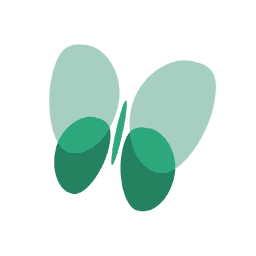
Relationships and Domestic Violence
Interpersonal issues and problematic relationships refer to difficulties that arise in relationships with others, such as friends, family, and partners.
Symptoms
- Emotionally: Anxiety, depression, jealousy, anger, frustration.
- Behavioral: Conflict avoidance, excessive need for reassurance, difficulty maintaining relationships.
- Mental: Obsessions with relationships, negative thoughts about self or others.
- Physical: Fatigue, sleep problems, changes in appetite.
Treatment Options
- Cognitive Behavioural Therapy (CBT): focuses on changing negative thoughts and behaviours.
- Couple and Family Counselling: Focuses on improving communication and relationship dynamics.
Supportive Therapy
- Support Groups: Help from others with similar problems.
- Social Skills: Training in communication and problem-solving skills development.
Self-Help and Alternative Methods:
- Book therapy: Using self-help books to understand and manage relationships.
- Wellness activities: Exercise, yoga and meditation to improve mental health.
Domestic violence
Domestic violence refers to any form of abuse that occurs within a family or close relationship. Is often rooted in unhealthy stereotypes about gender roles. It can include physical, emotional, sexual or financial abuse.
Symptoms
- Physical: Injuries such as bruises, cuts, fractures, frequent visits to the emergency room for no apparent reason.
- Emotionally: Feelings of fear, anxiety, depression, low self-esteem.
- Behavioral: Isolation from friends and family, avoidance of social events, excessive submission to the partner.
- Mental: Feeling of hopelessness, negative thoughts about self, difficulty in making decisions.
- Financial: Control or restriction of access to finances, prohibition of work.
Treatment Options
- Shelters and Helplines: Immediate support and safe havens for victims.
- Legal Aid: Legal advice and representation, guidance on court protection orders.
Psychotherapy
- Individual Therapy: Focuses on managing trauma, enhancing self-esteem and developing coping strategies.
- Family and Counselling Therapy: Helps restore family dynamics and resolve conflict when possible and safe.
- Support Groups: They offer emotional support and shared experiences with other victims.
Education and Self-Help
- Training in Self-Help Skills: Developing skills to deal with and avoid abusive relationships.
- Training for Understanding Abuse: Courses that help to understand and recognise forms of abuse.



